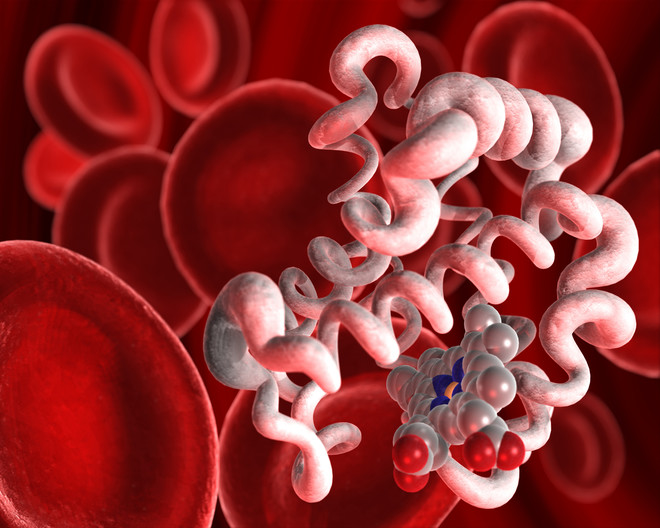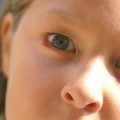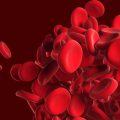What indicates an increased hemoglobin in a child
At an early stage, symptoms of increased hemoglobindo not manifest themselves. However, if treatment is not started in a timely manner, the child will develop peripheral cyanosis - a condition in which the skin on the lips and fingertips turns blue. If a child has high hemoglobin, he will experience weakness and frequent dizzinessPhoto: GettySymptoms of long-term circulatory problems:
If a child has high hemoglobin, he will experience weakness and frequent dizzinessPhoto: GettySymptoms of long-term circulatory problems:
- confusion and lack of interest in new knowledge;
- frequent dizziness;
- numbness of hands and feet;
- short-term loss of vision and hearing;
- the appearance of tumors.
To avoid such serious consequences, it is necessary to regularly take blood tests and check your hemoglobin levels.
Why do children have hemoglobin?
An increase in hemoglobin indicates a sick number of erythrocytes - red blood cells, due to which the blood thickens and cannot move normally through the vessels. This happens in two cases:
In children who regularly experience increased physical activity, the blood thickens and leads to deterioration of health. Other reasons for increased hemoglobin:
- cardiac or pulmonary insufficiency;
- intestinal obstruction;
- dehydration;
- oncology;
- congenital anomaly of organs;
- blood diseases and other diseases.
When hemoglobin in the blood of a child is elevated,living in mountainous areas - this is not considered abnormal. If you suspect an increase in hemoglobin, you should immediately contact a medical facility.
How to reduce the level of hemoglobin
To normalize hemoglobin levels, you need to choose the right diet for your child. Eliminate foods with a high iron content:
- liver;
- buckwheat porridge;
- red fruits;
- beef and so on.
It is necessary to ensure that the child drinks enoughliquids: clean water, compotes, jelly, juice or tea. To avoid protein and nutrient deficiencies, include legumes, chicken and seafood in your diet. Install a humidifier in the room where your child lives. Ventilate the room regularly and don't forget about walks. To normalize your hemoglobin levels, follow your doctor's recommendations, but don't use blood thinning medications without a prescription.Also interesting:









